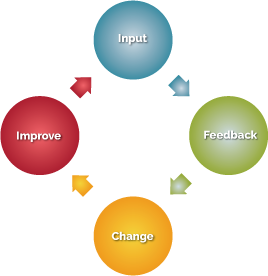The Prevent Phase begins with the implementation of the community wide prevention initiatives and continues by developing a prevention improvement cycle where over time, the effectiveness of aligned prevention efforts will be evaluated using objective, population-level measures of child health and safety.

This improvement cycle will uncover, strengthen, and replicate effective prevention initiatives.
For Little Rock, we will implement our community prevention efforts and accountability to ongoing population health and safety measures will be encouraged. Collaboration around outcomes will promote realignment of effective programs, supports, services, and infrastructure.
Repeated population-level measurement of the impact of aligned services and supports will demonstrate if there is a reduction of child maltreatment and related risk factors over time.
We will also seek locations demonstrating positive deviance, or “bright spots” where the wisdom of community members can benefit others.
The purpose of these measurements is to clarify the need for new or different strategies, to expand effective programs, and continue to improve the allocation of resources.
Upon the conclusion of the Prevent phase, the city of Little Rock will have the tools and knowledge to continue measuring and improving prevention efforts, creating new social norms, building community resilience and developing the supportive infrastructure needed for improving the lives of children.
 Currently PAP is working to form partnerships and facilitate discussions to support statewide data sharing in Arkansas
Currently PAP is working to form partnerships and facilitate discussions to support statewide data sharing in Arkansas



